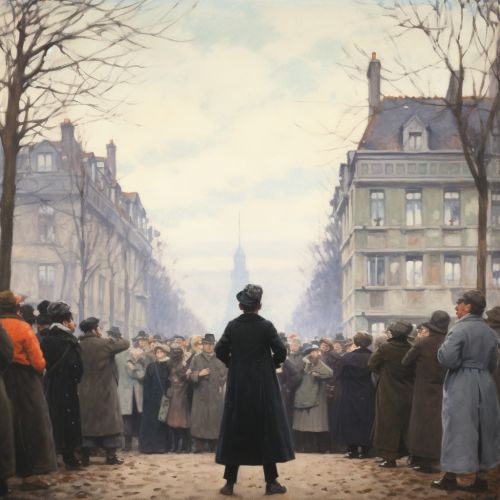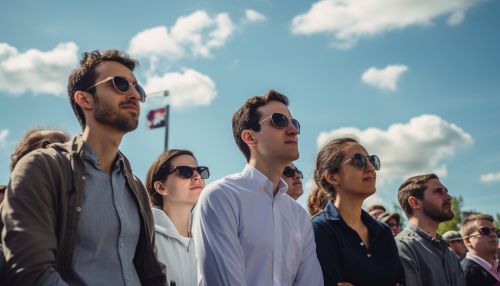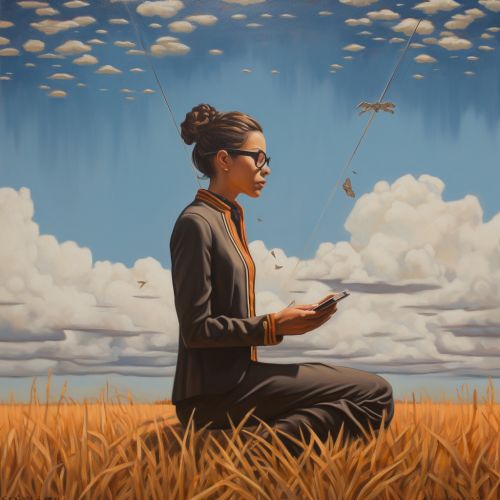Observational Learning
Definition and Overview
Observational learning, also known as social learning theory, is a type of learning that occurs through observing the behavior of others. It is a major component of Bandura's social learning theory, which emphasizes the importance of observing and modeling the behaviors, attitudes, and emotional reactions of others.


Theoretical Background
Observational learning is not a single theory but rather a collection of theories that share a common emphasis on the role of social observation in behavior change. The most influential theory of observational learning was proposed by Albert Bandura, a Canadian-American psychologist, in the 1960s. Bandura's theory combined elements of behaviorist and cognitive learning theories to propose that learning occurs in a social context with a dynamic and reciprocal interaction of the person, environment, and behavior.
Mechanisms of Observational Learning
According to Bandura, observational learning involves four separate processes:
- Attention: Observers cannot learn unless they pay attention to what's happening around them. This process is influenced by characteristics of the model, such as how much one likes or identifies with the model, and by characteristics of the observer, such as the observer's expectations or level of emotional arousal.
- Retention: Observers must not only recognize the observed behavior but also remember it at some later time. This process depends on the observer's ability to code or structure the information in an easily remembered form or to mentally or physically rehearse the model's actions.
- Reproduction: Observers must be physically and/or mentally capable of reproducing the observed behavior. This process requires skills that may be improved with practice.
- Motivation: Finally, observers must be motivated to reproduce the observed behavior. Bandura suggested that this motivation could come from external reinforcement, such as rewards, or by internal reinforcements, such as satisfaction and a sense of accomplishment.


Observational Learning in Different Contexts
Observational learning can occur in many contexts. In the educational setting, for example, students not only learn by doing but also learn by observing their peers. In the workplace, new employees learn the appropriate behaviors and attitudes by observing experienced workers. Even in therapeutic settings, observational learning plays a crucial role, such as when patients learn new coping skills by observing others deal with similar issues.
Observational Learning and Media
Media, including television, movies, and the Internet, provide rich opportunities for observational learning. For example, children learn about social norms and roles from observing characters in media. However, the impact of media on observational learning can also be negative. For example, research has shown that exposure to violence in media can lead to aggressive behavior through observational learning.


Critiques and Limitations
While observational learning theory has been influential in understanding learning, it has also been criticized. Some critics argue that it does not take into account individual differences in learning or the role of biological factors. Others point out that observational learning can lead to negative outcomes, such as the learning of undesirable behaviors.
